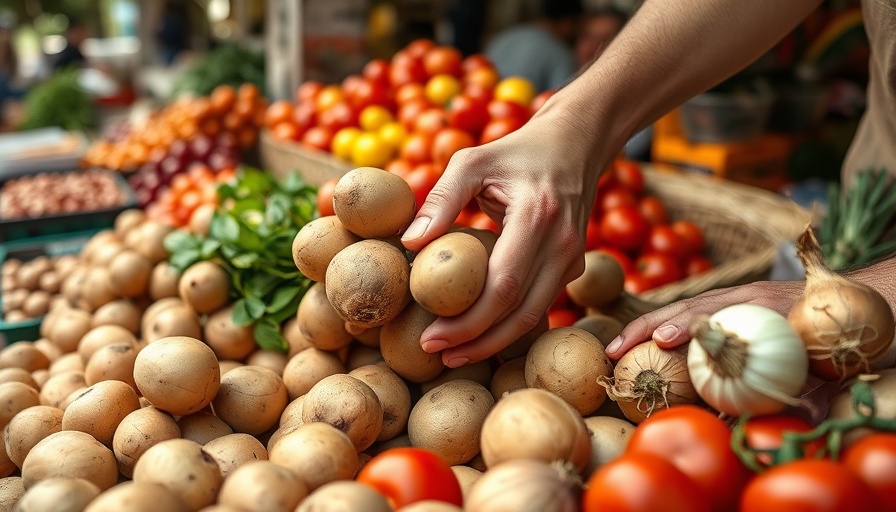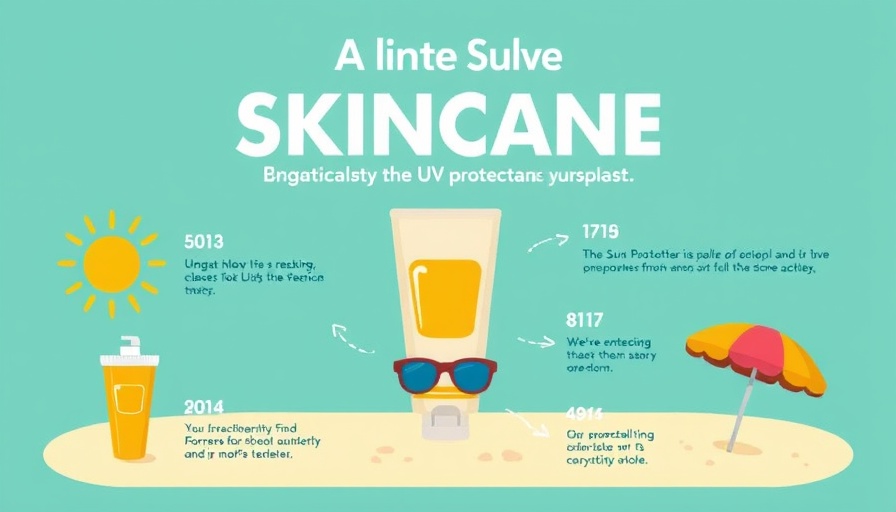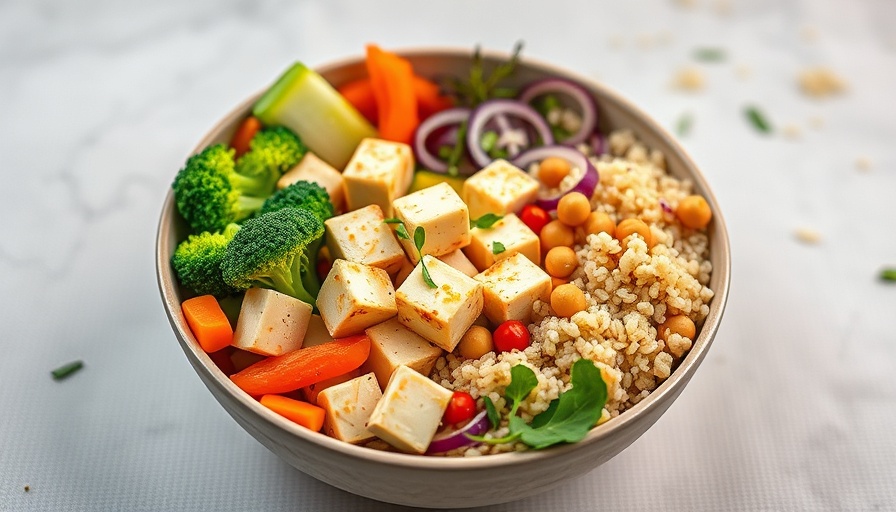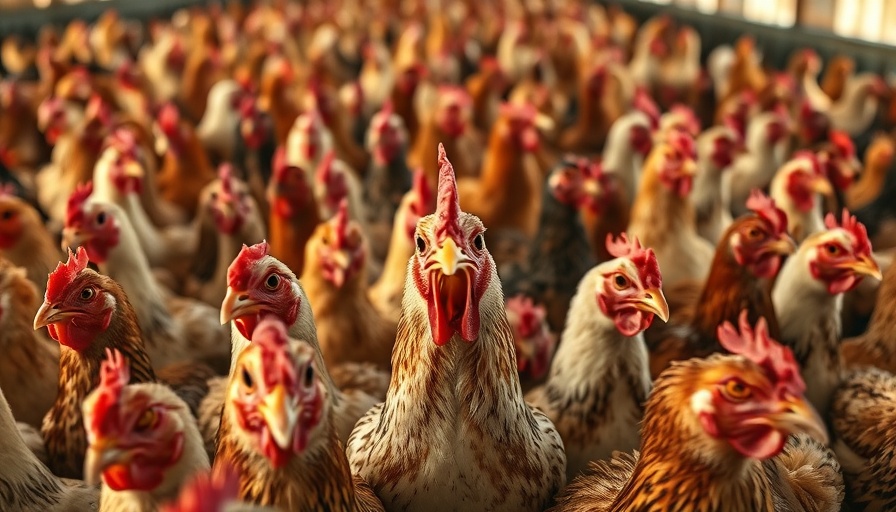
Understanding Potatoes: The Hidden Truth About Diabetes and Blood Pressure Risk
Potatoes are a staple food in many diets, enjoyed in various forms - baked, mashed, fried, and more. But as health concerns rise, particularly regarding diabetes and hypertension, many wonder if it's time to rethink their love for this versatile vegetable.
Potatoes and Diabetes: What Does the Research Say?
The link between potato consumption and type 2 diabetes has been a subject of scrutiny for years. A 2006 study by the Harvard Nurses’ Health Study revealed that women consuming more potatoes had a higher likelihood of developing type 2 diabetes. Notably, deep-fried potato products like fries and chips represent a significant portion of potato intake in the U.S. market and are associated with the presence of unhealthy advanced glycation end products (AGEs) that can exacerbate health problems. The study found that eating just three servings of fries weekly increased diabetes risk by nearly 20%.
While the risk associated with mashed and baked potatoes is less pronounced, a pattern emerges: higher overall potato consumption correlates with increased diabetes risk. However, it is essential to note that this data may reflect broader dietary trends, including increased meat consumption, which also raises diabetes risk.
In contrast, a study from Iran found that individuals consuming mainly boiled potatoes (a more traditional preparation method) had significantly lower odds of developing diabetes. This suggests that the method of preparation and the overall dietary habits can dramatically influence health outcomes.
Potatoes and High Blood Pressure: A Complicated Picture
Similarly, the relationship between potatoes and hypertension is complex. Research shows that individuals consuming baked, boiled, or mashed potatoes are at a higher risk of developing high blood pressure. A notable study published in BMJ analyzed data from over 187,000 participants and found that those eating four or more servings of baked or boasted potatoes weekly had an increased hypertension risk.
However, it’s also crucial to consider dietary substitutes. For every serving of potatoes replaced with non-starchy vegetables, the risk of hypertension decreased, indicating healthier choices can significantly lower health risks. The evidence highlights the need for mindful dietary practices rather than a total potato exclusion policy.
The Nutritional Value of Potatoes
Despite concerns surrounding their health implications, potatoes offer considerable nutritional value. They are rich in vitamins C and B6, potassium, and fiber, serving as an excellent source of carbohydrates. Their high potassium content can actually be beneficial for heart health when consumed in moderation and prepared healthily. Additionally, the glycemic index of potatoes can vary tremendously based on the cooking method and pairing with other foods.
The Power of Moderation and Cooking Methods
The key takeaway is that potato consumption is not inherently bad for health; it’s the quantity and method of preparation that determine their impact. Instead of indulging in fried varieties, consider healthier cooking methods like boiling or baking, which can maintain their nutritional value while mitigating health risks.
Community Perspectives: What This Means for You
This knowledge can reshape your meals. By incorporating potatoes thoughtfully into a balanced diet, you harness their nutrients while reducing potential health risks. Aim to replace fries with baked wedges, or pair mashed potatoes with plenty of vegetables or lean proteins. The goal is to cultivate a healthy relationship with food that allows you to enjoy your favorites responsibly.
Final Thoughts
Understanding the relationship between potatoes, diabetes, and high blood pressure is essential for making informed dietary choices. Potatoes can still have a place in your diet, but it’s crucial to be mindful of how they are prepared and consumed. Embracing moderation and prioritizing balanced meals can contribute significantly to your overall health.
If you are looking for more insights on healthy eating habits and dietary tips, connect with your local nutritionist or health expert today. They can provide personalized recommendations to help you maintain a nutritious and balanced lifestyle.
 Add Row
Add Row  Add
Add 




 Add Row
Add Row  Add
Add 

Write A Comment